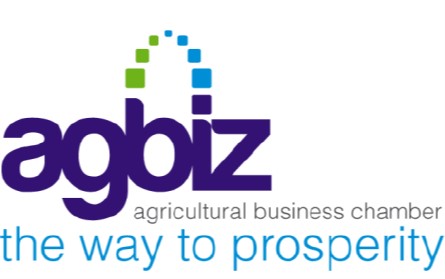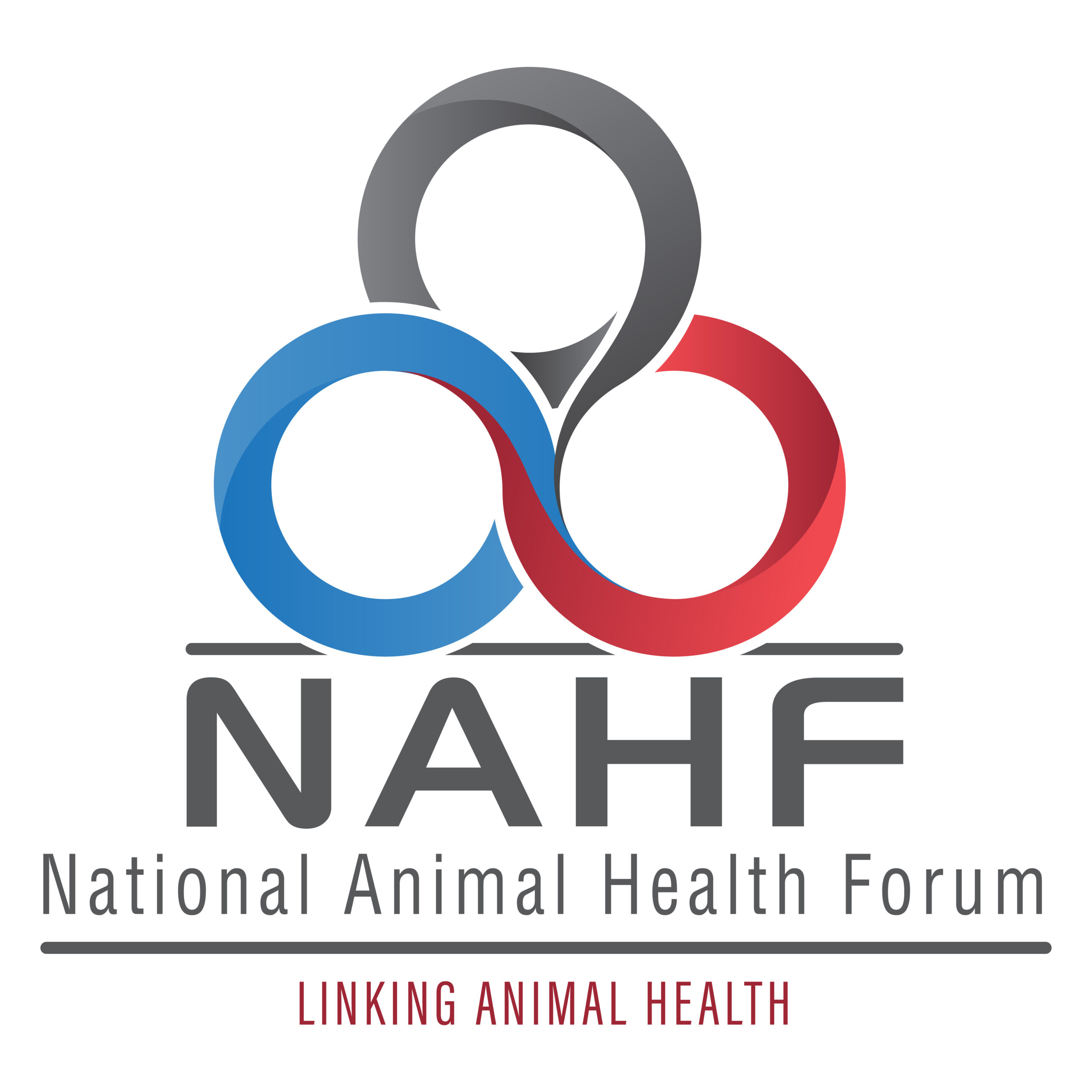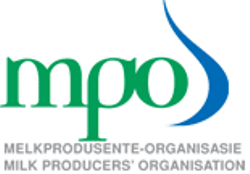
by Wandile Sihlobo
This essay first appeared on Business Day, August 4, 2020
The SA agricultural sector has thus far successfully harvested summer crops with minimal interruption from the pandemic. However, farmers and agribusinesses had to adjust their usual work processes to comply with health regulations and limit the spread of the virus.
In October, the focus will shift to planting activity of 2020/2021 summer grains, oilseeds and various horticulture products. This will happen while the Covid-19 infection numbers are close to their peak, with the Western Cape, Gauteng, Eastern Cape and KwaZulu-Natal the hotspots. These provinces also account for 60% of SA’s agricultural output, which raises questions about whether the surge in infections could affect the planting season negatively. I doubt this will be the case.
Much of the commercial agricultural sector is highly mechanised, so it could operate with a limited number of people during planting. The period that typically requires increased labour is the harvest, which for summer grains is at completion stage now, with minimal interruption from the pandemic.
The seasonal workforce — which would have increased somewhat in a year of bumper grain, oilseed and horticulture harvests, as in 2020 — might not have seen that opportunity this year given the need for social distancing. What I suspect happened on the farms is perhaps an increase in hours worked with a limited workforce.
On August 11, Stats SA will release the quarterly labour force survey for the second quarter of the year. It should provide some clarity on the effects of the pandemic on employment in this sector.
Other agricultural subsectors that could experience a decline in employment due to cash flow constraints not directly caused by the virus but more by the stringent regulations on domestic sales are the wine and tobacco industries. This will only appear in the official data in the third quarter of the year.
The segment of the farming sector that is not highly mechanised and in which operations might be negatively affected if the pandemic continues to spread widely in the next months is smallholder farmers. Smallholder farmers’ output does not affect the country’s national food security, though it plays an important role in supporting household food security.
These farmers — who are mainly in the former homeland provinces of KwaZulu-Natal, the Eastern Cape and Limpopo — are also critical to the sector from a transformation and inclusivity perspective. In KwaZulu-Natal and the Eastern Cape the infection numbers are already relatively higher than most provinces. The next two months, ahead of October when plantings are supposed to start, will be crucial to whether there will be a flattening of infections or a second wave, specifically across rural communities.
Aside from the Covid-19 concerns, the outlook for SA’s agriculture in the 2020/2021 season, at least from the weather conditions front, is showing encouraging signs of above-normal rainfall from October. Input prices remain favourable, though there are worries that the weaker domestic currency could lead to increased prices. Data for July 2020 shows that on average domestic fertiliser prices were down 5% year on year.
SA imports about 80% of its annual fertiliser consumption and is a small player in the global market, accounting for a mere 0.5%. Domestic prices tend to be influenced by developments in the major producing and consuming countries, such as India, Russia, the US and Canada.
In July global fertiliser prices fell notably, partly due to rising supplies. The same is true for insecticides and herbicides. The decline in global prices was an underpinning driver of slowing domestic prices in July.
SA’s agricultural sector could have another good season in 2020/2021, despite the rising number of infections.
Sihlobo is chief economist of the Agricultural Business Chamber of South Africa (Agbiz) and author of FINDING COMMON GROUND: Land, Equity and Agriculture.
Download the source document (pdf) 200807_Covid-19 threat small on mechanised farms
Published on Friday, 14th August 2020 - 13:33
Recent Posts
disclaimer









